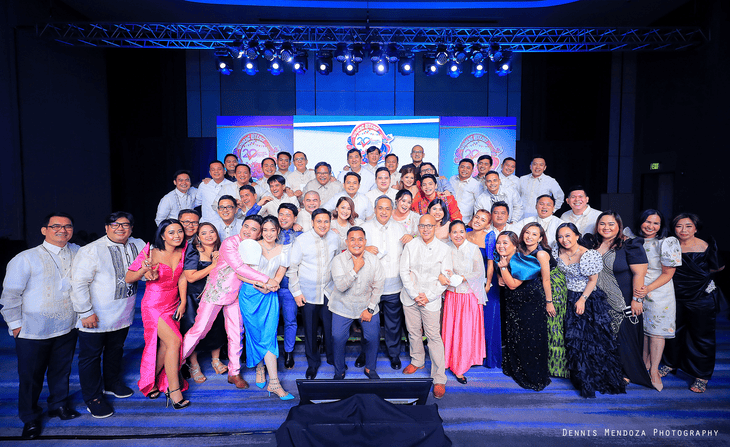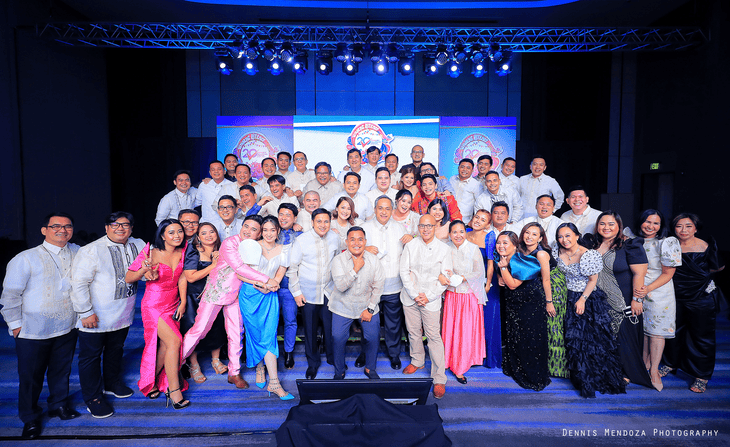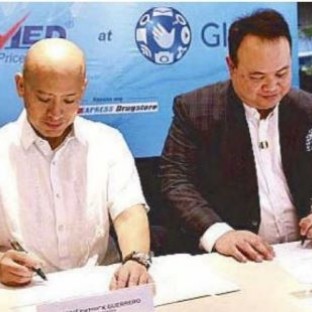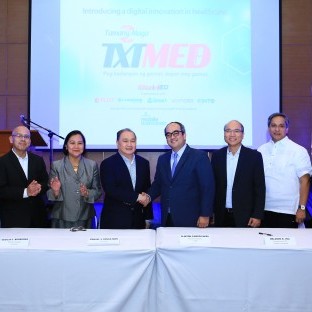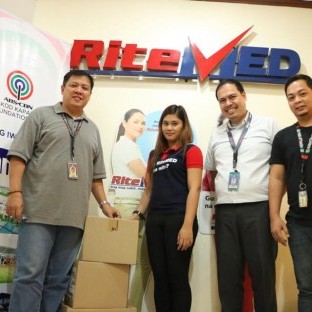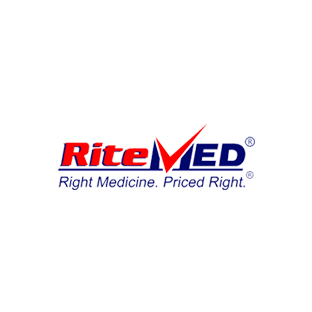At a time when generic drugs were judged inferior, the company launched a series of powerful, advocacy-based campaigns that urged people to exercise their power to ask and choose
Originally published by Philippine Daily Inquirer / 09:00 AM July 12, 2022
Written by: Anne A. Jambora
It took courage to jump on an audacious mission where no pharmaceutical company has gone before. A mission-based business that is not afraid to innovate is what RiteMed is all about. It is anchored on service to Filipinos as only a Filipino company can sustainably do.
As RiteMed celebrates its 20th anniversary, it remains faithful to its roots—a company built from the ground up as an advocacy providing affordable, high-quality medicines for everyone.
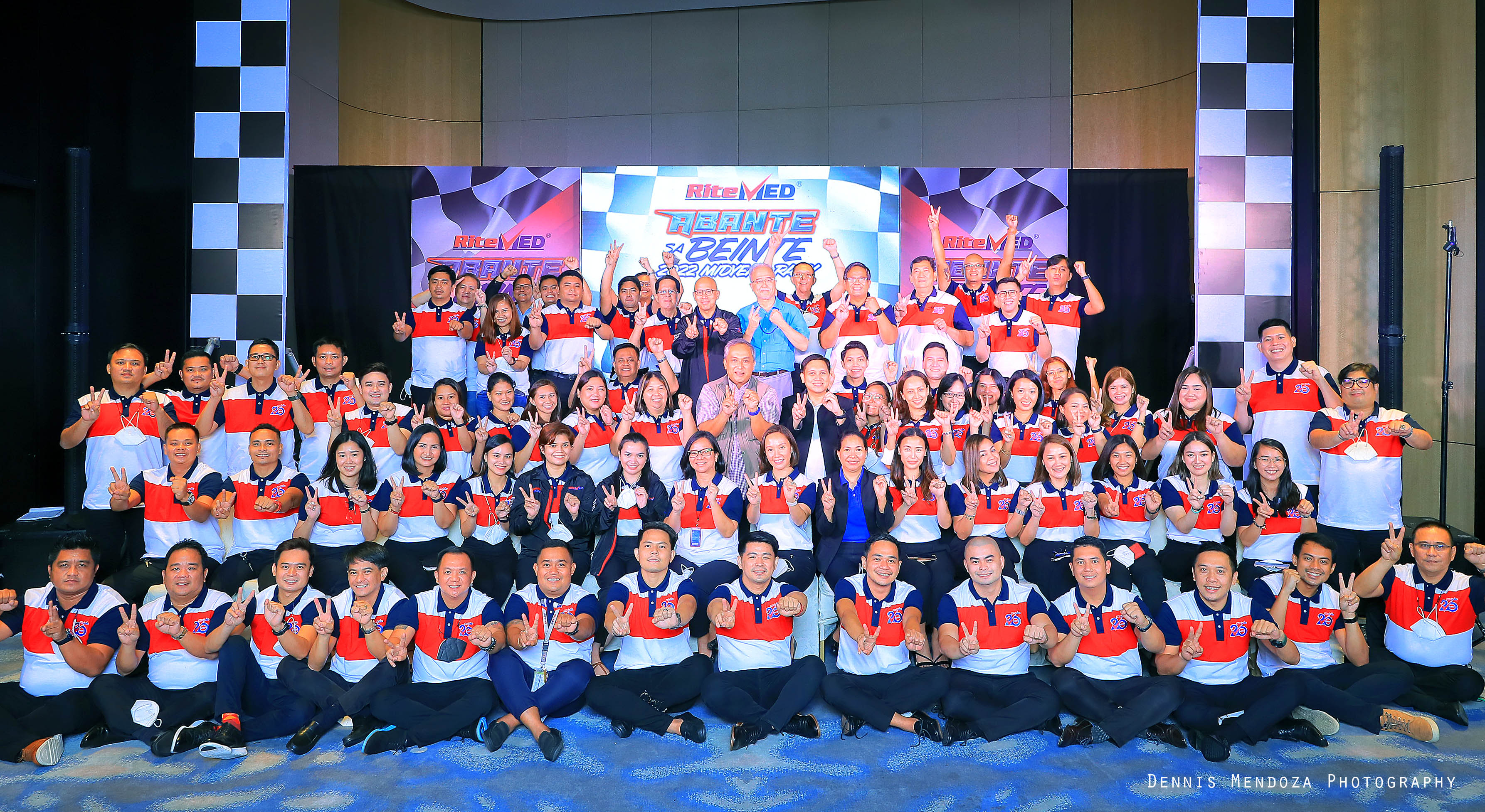
It is the pharmaceutical company behind powerful, heartfelt campaigns that resonated with Filipinos: “Bawal ang mahal!”, “May karapatan kang gumaling!”, “Dasal namin na gumaling kayo!”, “Huwag mahihiyang magtanong!”.
Smarts, hard work and Lady Luck catapulted RiteMed on top of the medicine choices hierarchy. In 2002, when generic drugs were judged “inferior, substandard quality” and “pang mahirap” by many, RiteMed was launched as a proudly generic company. It was a company launched on the basis of a campaign that was a radical idea at the time—that consumers can make a smart choice about the brand of medicine they need.
Cheaper Medicines Act
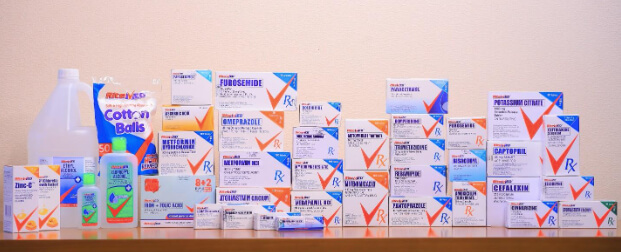
A brand built to last: On its 20th year, RiteMed vows to continuously source high-quality essential medicines to help Filipinos have access to more affordable medicines.
In 2002, then President Gloria Macapagal Arroyo asked the pharma industry for help in making available affordable drugs. Most pharmaceutical companies did not respond, with some even covertly opposing it.
Carlos C. Ejercito, then president of United Laboratories Inc., with the support of the company’s shareholders, was keen to help but knew it would be difficult to do so using conventional pharmaceutical marketing models.
“We had a situation then where the Generics Act of 1988 associated generics with ‘indigents’—and therefore inadvertently created the impression of inferiority, while sectors and forces interested in maintaining the status quo went on an aggressive campaign telling healthcare professionals that ‘generics are not the same as branded ones,’” said lawyer and chemical engineer Jose Maria “Joey” A. Ochave, president of RiteMed Phils. Inc.
The campaign was made more complicated because the Bureau of Food and Drugs at the time did not have enough resources to ensure that only good quality generics were able to enter the country. Bioequivalence was not required; plant audits of foreign companies to make sure they complied with Good Manufacturing Practices were limited, if they were done at all; and product testing of those available in the market was limited as well. It was therefore not surprising that, for a long time, generics were associated with ineffective medicines.
It was only during the Cheaper Medicines Act campaign in 2006, when then Health Secretary Francisco Duque III and Intellectual Property Office Director-General Adrian Cristobal Jr. explained that many of the well-known brands are, in fact, generic drugs, did the public understand that generics are not necessarily “inferior” if coming from a reputable company. In fact, most of the medicines used in developed countries like the United States, European Union, and Japan were already generic equivalents of the originator brands.
Brand-conscious
It also did not help that Filipinos, next to the Japanese, are the second most brand-conscious people in Asia. Hence, it would be difficult for a drug that only contains the generic name to find acceptance among doctors and patients. Early on, RiteMed realized four Herculean tasks—debunking myths, asking patients to exercise their right to choose, changing spending behaviors, and trusting the brand.
“We are in an industry where tiwala (trust) is important. To establish trust, the messenger is just as important as the message,” Ochave said.
Since it was extremely expensive to launch a portfolio of medicines where each medicine has a product brand, Ejercito thought of an unprecedented move: Launch one brand for all, regardless of molecules. No product brand, but use the corporate name instead to generate trust among doctors and patients.
“It was a high-risk decision,” Ochave said, “because if one product fails, the entire brand goes down with it.” That’s the reason such campaigns are unheard of.
“This is why we always make sure that we only have good quality products in RiteMed,” said Vincent Patrick Guerrero, RiteMed general manager.
Building trust
Establishing trust takes a long time, decades even. So RiteMed imposed strict internal regulations that are still enforced to this day. Everything is subject to audit from plant to product, each lot goes to the lab to be tested even if they come from manufacturing plants in Europe. All documents, especially bioequivalence and clinical data, must go through the company’s Medical Affairs, which is composed of specialist doctors.
